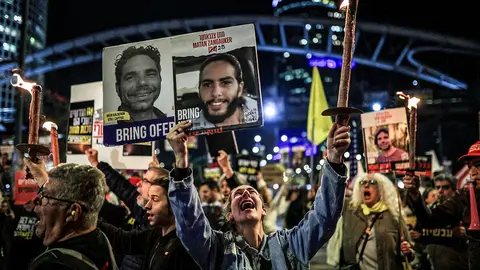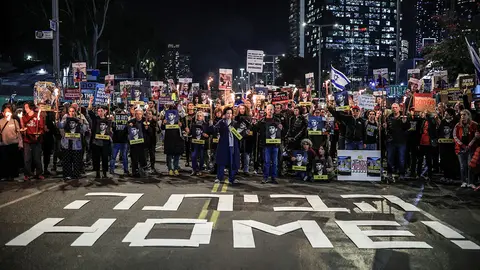Israel and Hamas reach ceasefire agreement
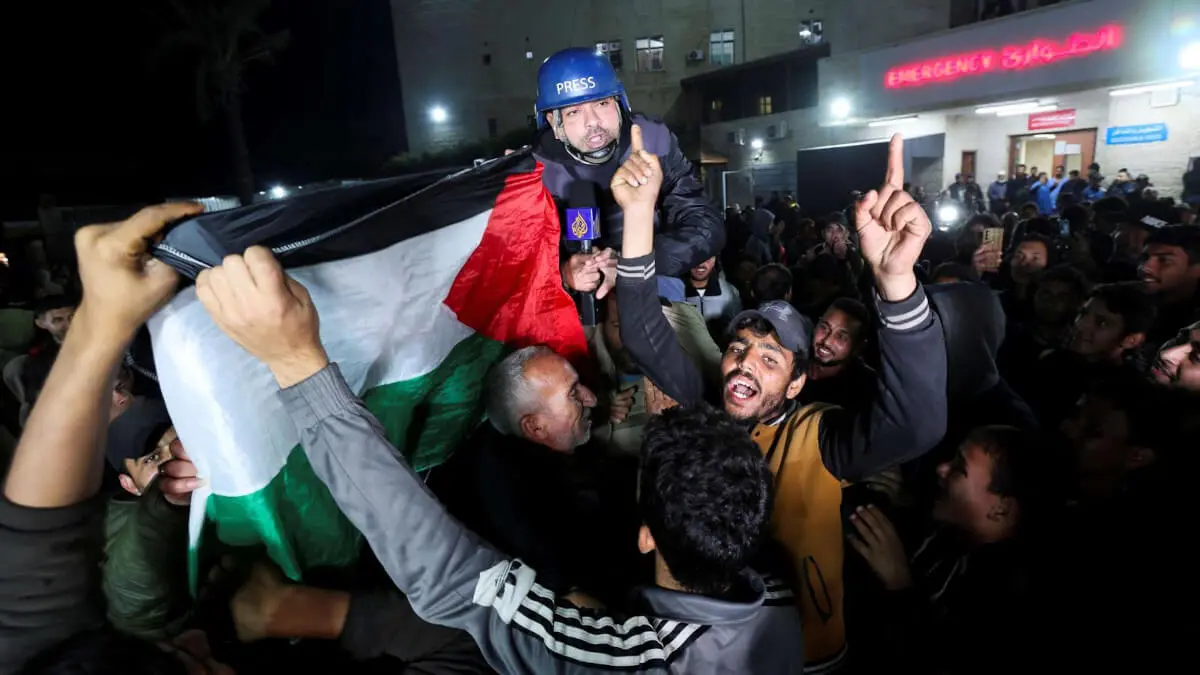
Israel and Hamas have reached an agreement on a ceasefire and hostage release, marking a turning point in the 15-month-old war.
US President Joe Biden announced that the agreement, to be implemented in three phases, could begin on Sunday 19 January, the day before Donald Trump takes office as the new president. On the same day, three Israeli women are expected to be released in exchange for Palestinian prisoners.
However, the Israeli security cabinet has yet to vote on the deal before it is implemented. In this regard, Israeli President Isaac Herzog has urged the government to ‘accept and approve it’ during an address to the nation.
However, hours after announcing the deal, Israel accused Hamas of reneging on the agreement and creating a last-minute crisis. ‘Hamas has reneged on parts of the agreement reached with the mediators and Israel in an attempt to obtain last-minute concessions,’ the Prime Minister's Office said in a statement, which also stressed that a date for the cabinet and government meeting would not be set until the mediators announce that Hamas has approved all the details of the agreement.
If the long-awaited deal is finally approved, the first phase will include a full ceasefire, the withdrawal of Israeli forces from populated areas of Gaza and the return of many displaced Palestinians to their homes. Israeli troops will also begin withdrawing from the Netzarim Corridor in the northern Gaza Strip.
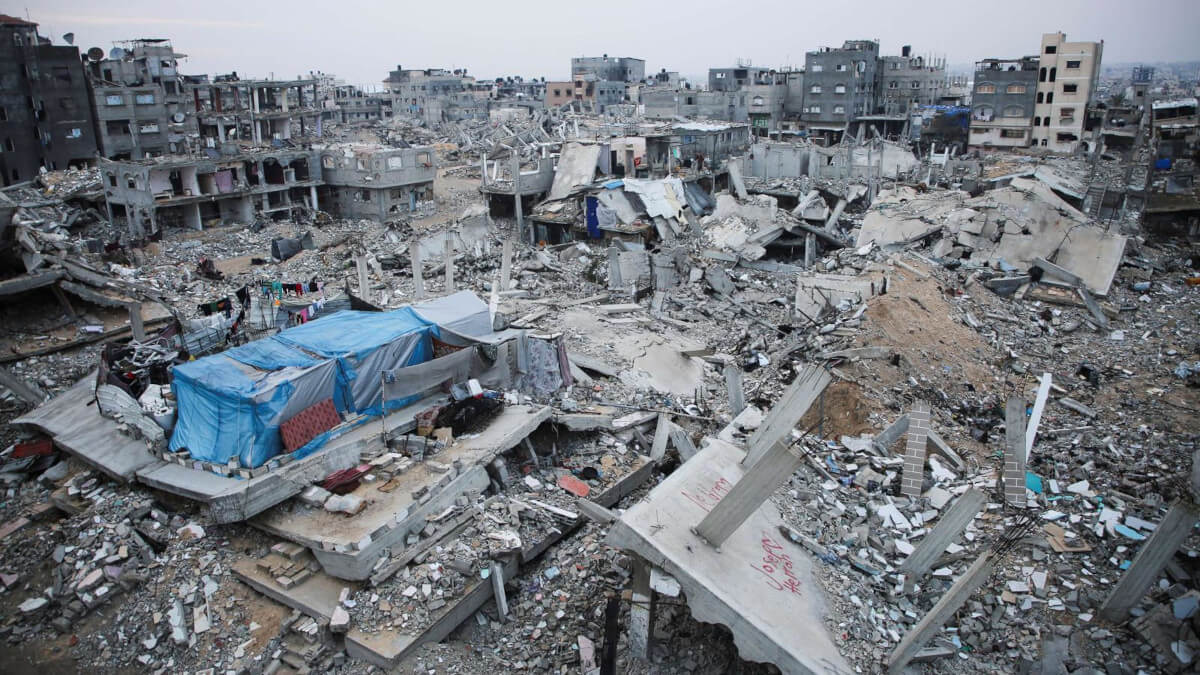
Qatari Prime Minister and Foreign Minister Sheikh Mohammed bin Abdulrahman al-Thani, whose country has played a key mediation role during the latest negotiations, said the first phase will last 42 days in which 33 Israeli hostages kidnapped during the 7 October 2023 attacks will be released in exchange for Palestinian prisoners held in Israel.
Hamas and its allies have been holding 94 people since that fateful Saturday. At least 34 of them are dead, according to the Israeli government, although the real number is believed to be higher. In addition, Hamas is holding four other hostages who have been held captive since 2014, at least two of whom are dead. Of the 94 hostages taken on 7 October, 81 are men and 13 are women. Two are children under the age of five; 84 are Israeli, eight are Thai, one is Nepalese and one is Tanzanian.
In addition, during this first phase, humanitarian aid will be increased to all parts of the Gaza Strip, while hospitals and health centres will be rehabilitated and fuel supplies will be sent to the enclave.
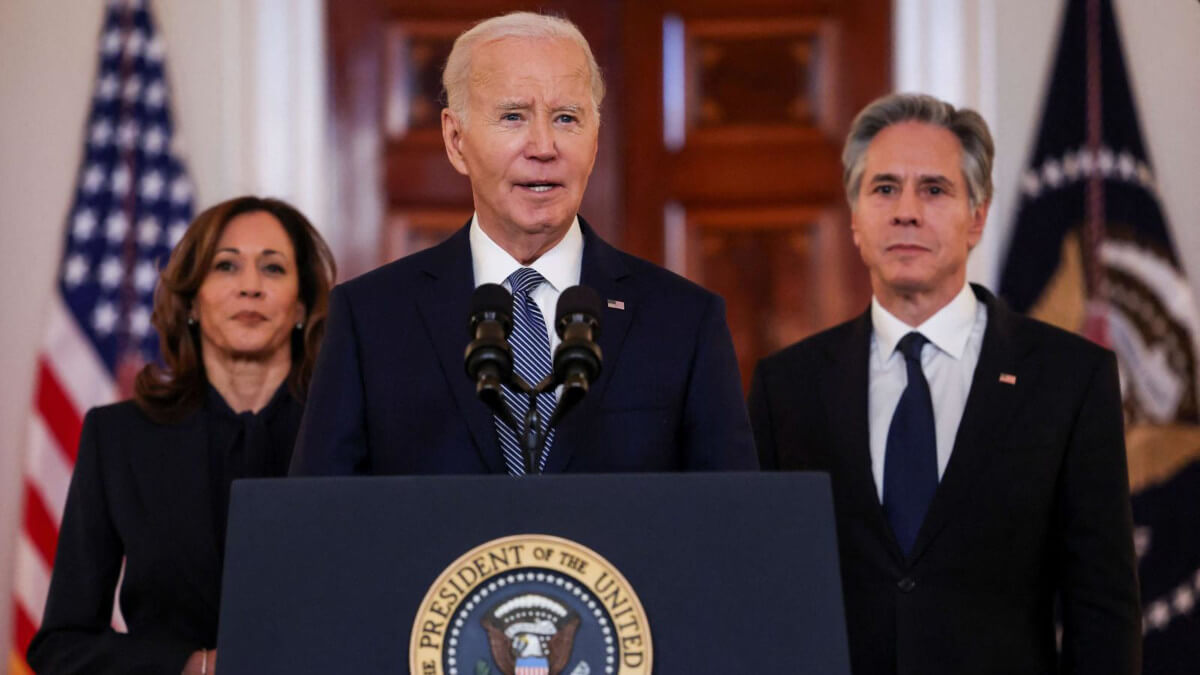
Details of the second and third phases of the agreement will be finalised during the implementation of the first phase, al-Thani said. Biden, for his part, said that if negotiations take longer than six weeks, the temporary ceasefire will remain in place.
During the second phase, the last Israeli hostages still alive will be released, while the Israel Defense Forces will withdraw from the remaining areas of Gaza.
International leaders and key figures have welcomed the ceasefire agreement between Israel and Hamas. UN Secretary-General Antonio Guterres praised the agreement and urged ‘all to facilitate swift, unimpeded and safe humanitarian assistance to all civilians in need’, pledging to ‘do everything humanly possible, mindful of the serious challenges we will face’.
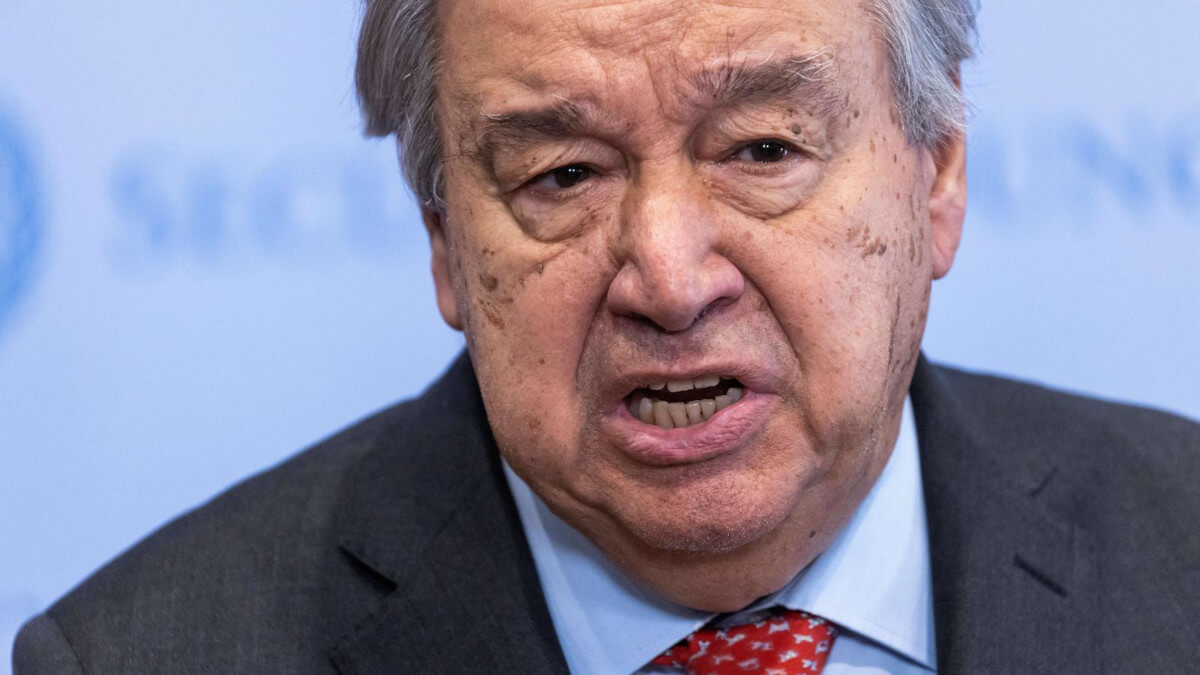
In Israel, the families of the abductees have welcomed the agreement, but are also anxiously awaiting its implementation. It is not yet known who will be returned alive, as Hamas refuses to provide information on the status of the hostages.
In Gaza, too, the agreement has been welcomed despite a new Israeli air strike that has killed dozens of people, according to Hamas-controlled Gazan authorities.
A senior leader of the terrorist group, Khalil al-Hajjah, called the agreement a ‘historic moment’, assuring that ‘the occupation will never defeat the people and their resistance’.
From Qatar, far from the destruction of Gaza, al-Hajjah also praised the 7 October attack, which triggered the current war that has caused a severe humanitarian crisis in the Palestinian enclave.
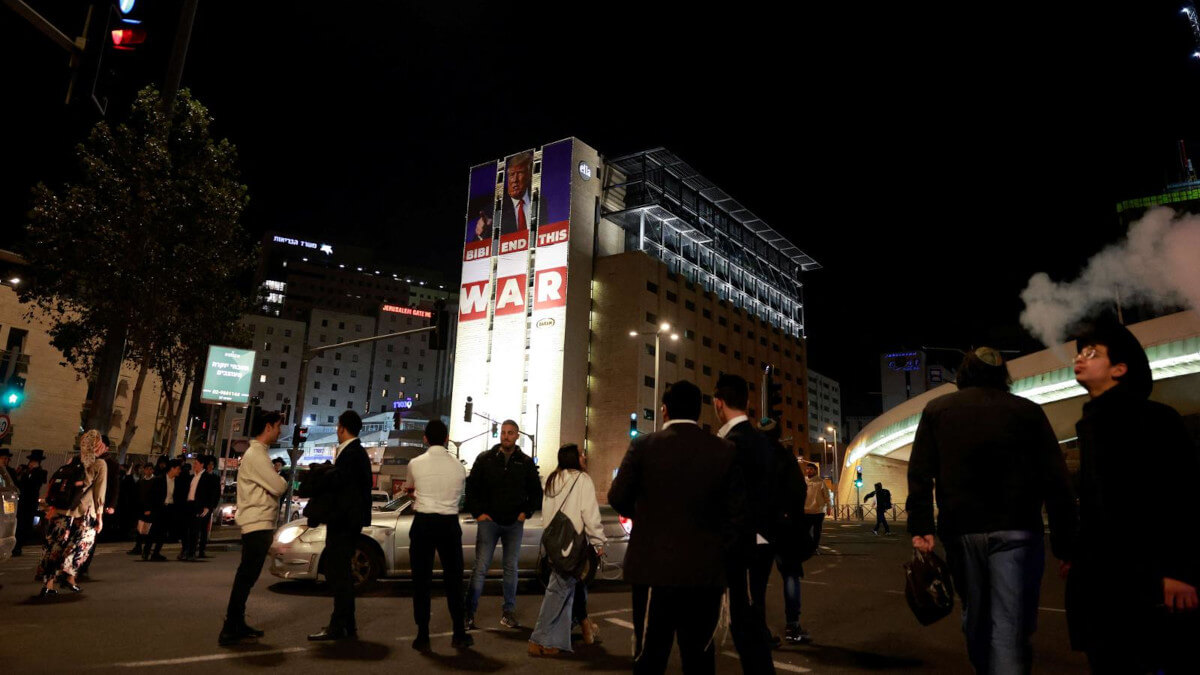
For the senior Hamas official, the most brutal killing of Jews in a single day since the Holocaust was a ‘military achievement’ and ‘a source of pride that will be passed on from generation to generation’.
Hamas' chief negotiator at the talks also admitted that, despite having demanded an end to the war, the group will continue to seek Israel's destruction. ‘Our people will expel the occupation from our land and from Jerusalem as soon as possible,’ Al-Hajjah declared.
For its part, Palestinian Islamic Jihad, the second largest terrorist group in Gaza after Hamas, similarly praised the ceasefire agreement. ‘Today, our people and their resistance imposed an honourable agreement to stop the aggression,’ the militia, also backed by Iran, said in a statement.

